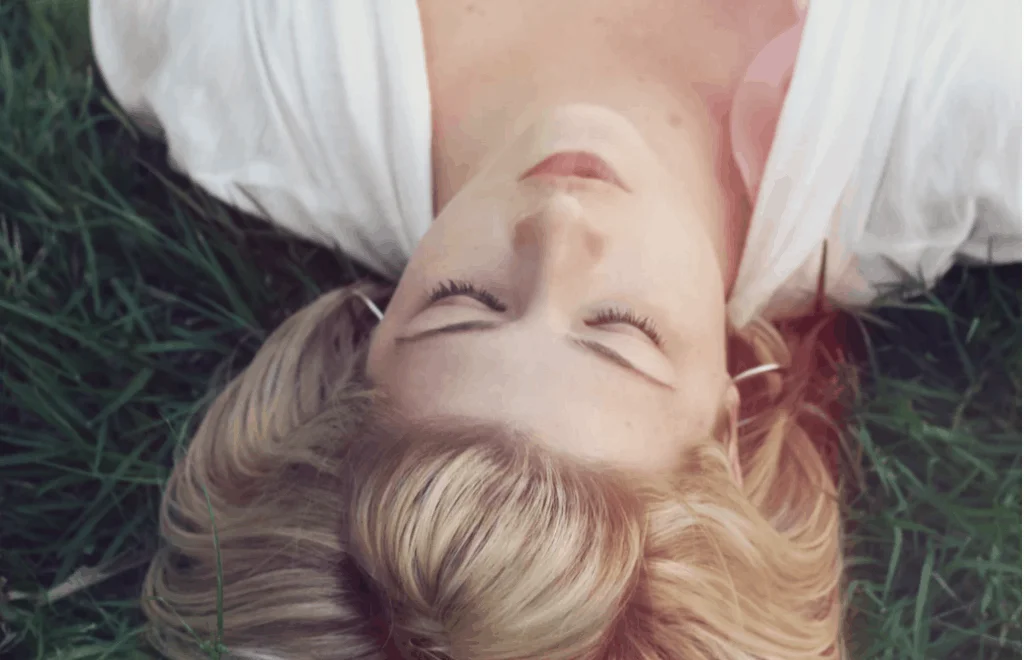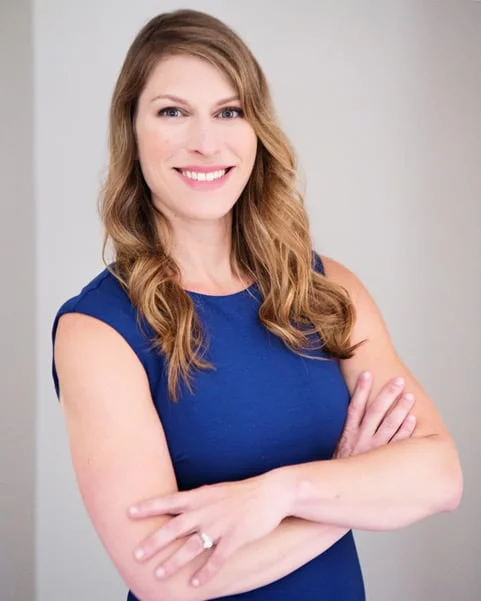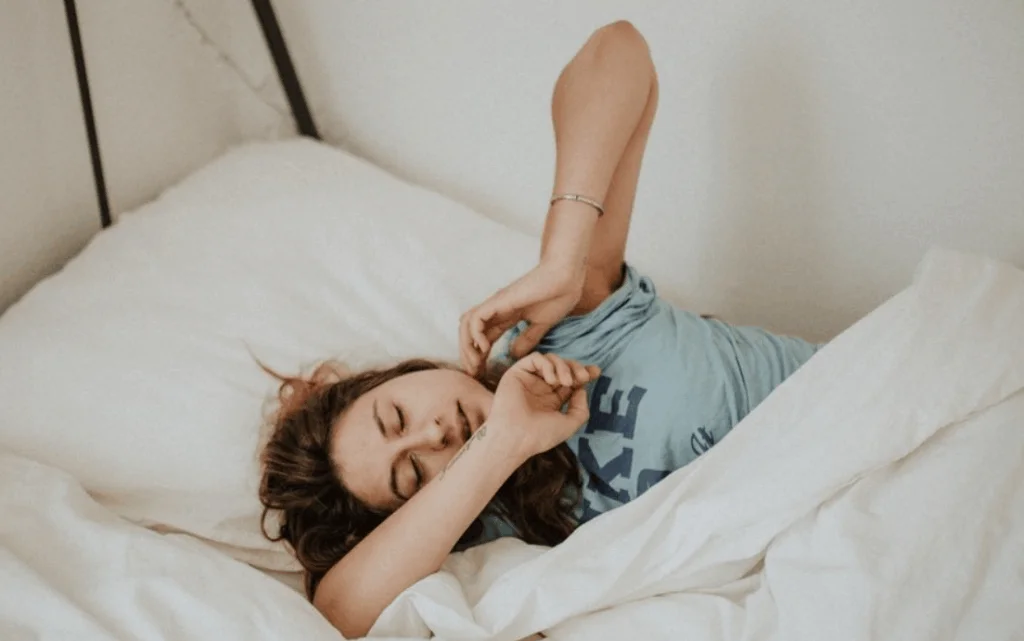Sleep specialist and clinical psychologist Dr. Shelby Harris has talked about sleep on every major news network, written countless articles on the subject, and is now sharing her extensive knowledge with Sleepopolis for National Sleep Awareness week (3/10 – 3/16).
A board-certified practitioner of Behavioral Sleep Medicine (the practice of treating sleep disorders by addressing behavioral, psychological, and physiological factors), Dr. Harris knows the ins and outs of all the latest sleep treatments and is here to talk about what works, what doesn’t, and what everyone needs to know about catching quality Zzz’s.
Check out our exclusive interview below!

At what point in your education did you become interested in sleep?
I went to Brown University as an undergraduate and took a popular intro to sleep course. It was awesome. The year between undergraduate and graduate school really solidified it for me. I worked as a research assistant in a study that prescribed an antidepressant to patients in early recovery from alcohol addiction. The theory was that many patients relapse after rehab because they turn to alcohol as a sleep aid. We treated their insomnia from the start, and it was extremely helpful to many people.
One of your primary methods of treatment as a sleep specialist is Cognitive Behavioral Therapy for Insomnia (CBT-I). Why is it so effective?
CBT-I is a non-drug approach based on the concept that chronic insomnia lasting four weeks or longer is maintained by physical and behavioral factors that have little or nothing to do with acute insomnia, which lasts one or two days.
Treatment includes developing healthy sleep behaviors, skills for managing stress, removing sleep-incompatible behaviors, and using light exposure to reset the sleep-wake body clock. Each person’s situation is unique, but, on average, 4-12 sessions are required. Relapse prevention strategies are also discussed.
Do you believe there’s a place for medications in insomnia treatment?
Yes, but I strongly believe that if most people start with CBT-I as early as possible and learn to tolerate some bad nights initially for long-term gain, a cycle of medication use and possible difficulty getting off of medications is avoided.

You’ve created guided meditations for a meditation app to help listeners sleep. Do techniques like this work for sleep disorders sufferers, or only those with milder sleep issues?
I make it clear in the app that the meditations help set the stage for sleep, and shouldn’t be a sedative. I prefer that people use meditation and mindfulness to be aware of their anxious, alert thoughts to help focus the brain and quiet things overall, and then get into bed.
What do you think are the most important recent advances in our understanding of sleep?
I’ve been loving the mindfulness work that’s introduced into CBT for Insomnia, like Jason Ong’s work. I also like the research about sleep monitoring fitness devices and how they often negatively impact the sleep of insomnia patients, as they tend to hyper-focus on the data. I’ve seen this clinically for a while now, and it’s nice to see it coming out in medical journals.
I recently learned that sleep hygiene is mostly ineffective for true sleep disorders like chronic insomnia. What works better?
Sleep hygiene is necessary but not powerful enough. Adding in other components of CBT-I such as changing sleep/wake timing to consolidate sleep, becoming aware of what you do in and out of the bed, and considering mindfulness training and cognitive therapy is really most effective.

What do you wish everyone knew about sleep?
People are so focused on quantity of sleep per night. Quality is just as important, and sometimes even more important. I’d rather someone get 6.5 hours of solid, good sleep most nights and feel good during the day as opposed to 8 hours of broken sleep all night long. It isn’t always about the number.
A big thank you to Dr. Harris for speaking with Sleepopolis! You can find out more about Dr. Harris on her website, Twitter, and the Meditation Studio App, or preorder her soon-to-be-published book, The Women’s Guide to Overcoming Insomnia: Get a Good Night’s Sleep Without Relying on Medication.

























